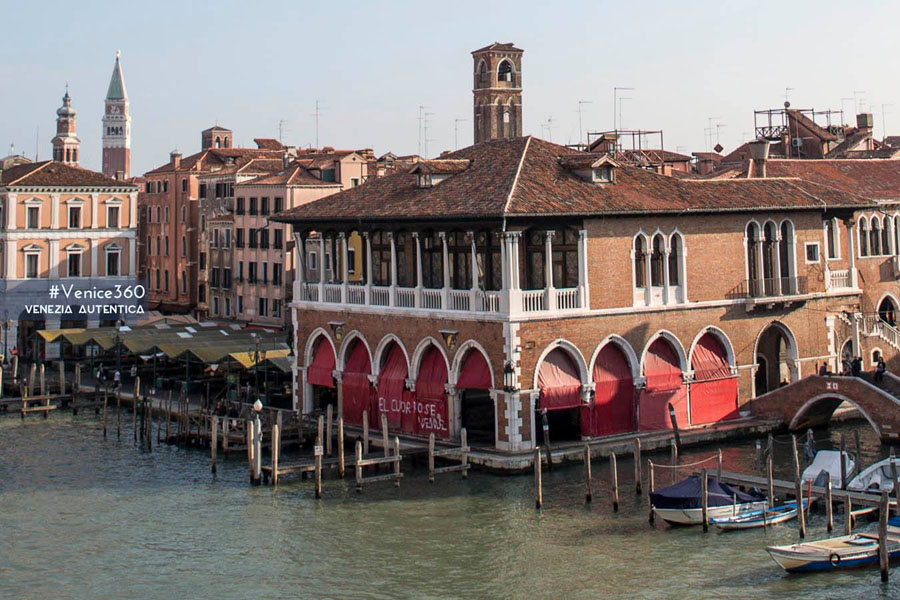
Today, most of the world celebrates the beginning of a new year on the first of January, but until the fall of the Republic, in Venice, it was otherwise: the beginning of a New Year, which was an official public holiday, was fixed on March 1.
Time used to be measured in Venice with the early Roman calendar. Introduced during the time of the Roman empire, the timetable was following an ancient tradition by fixing the beginning of the year at the moment of the natural awakening of life, the beginning of spring. This practice was widespread and is still reflected in other calendars, such as the Chinese one.
An interesting fact, that most of us are not aware of, or may forget, is that our current calendar, the Gregorian calendar, carries heritage from this ancient timetable in the name of the months that we use. Indeed, in the Roman calendar, the year would start in March and count only 10 months, which meant that the months of September, October, November and December were actually the seventh, eighth, ninth and tenth month of the year, as indicated by their respective names (septem is Latin for “seven,” octo is “eight,” novem is “nine,” and decem is “ten.”)
The Roman calendar was quite inaccurate and didn’t reflect the actual tropical year: the time Earth takes to circulate around the sun. It was therefore replaced. Our current calendar, the Gregorian calendar, named after Pope Gregory the Great, was introduced in the XVI century, but it is only after Napoleon’s conquest in 1797, that it came to be used in Venice and the Veneto region. In order to transition from the Roman to the Gregorian calendar, the last year of the Venetian timetable was shortened by two months.
Today, if Venice follows the classic calendar, like most of the world, it doesn’t mean that it is time for the locals to forget about their unique history and identity. Since few years and thanks to a group of local associations, the ‘Cao de’ Anno’ has been revived and celebrated on the first Saturday of March, in a popular event, with music, performances, food, and drinks, in the very heart of Venice, at the Pescheria di Rialto.
I'm visiting Venice. Why should I follow your recommendations?
The way you visit Venice has an impact both on the quality of your experience and on Venice itself. Chilling, exploring, shopping, eating and drinking where the locals do, can make a huge impact both on the memories you bring home and on the local economy and community.
Home >> Venice and Venetians >> Venice Explained >> You’re Here
Facts, Curiosities, History of Venice, Italy
More about life in Venice, Italy

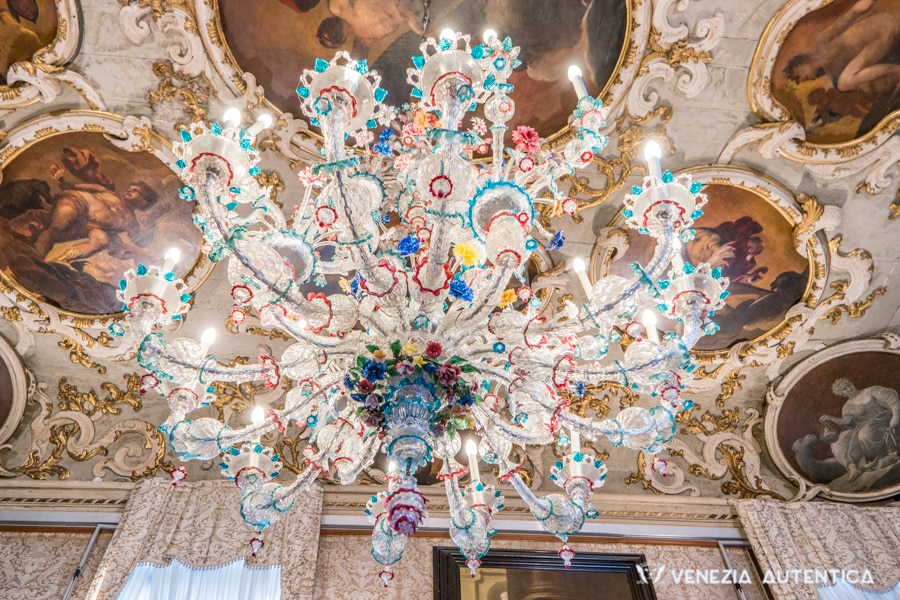
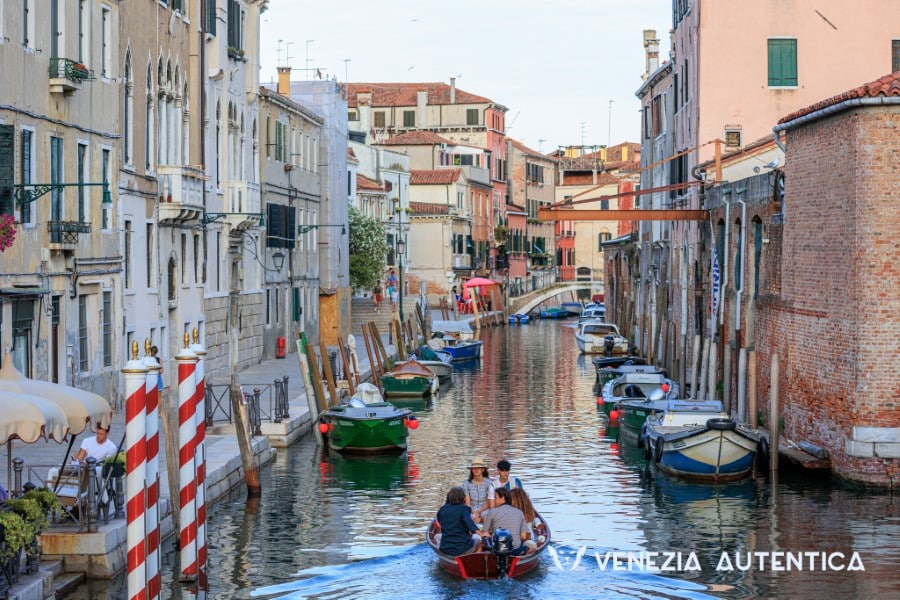
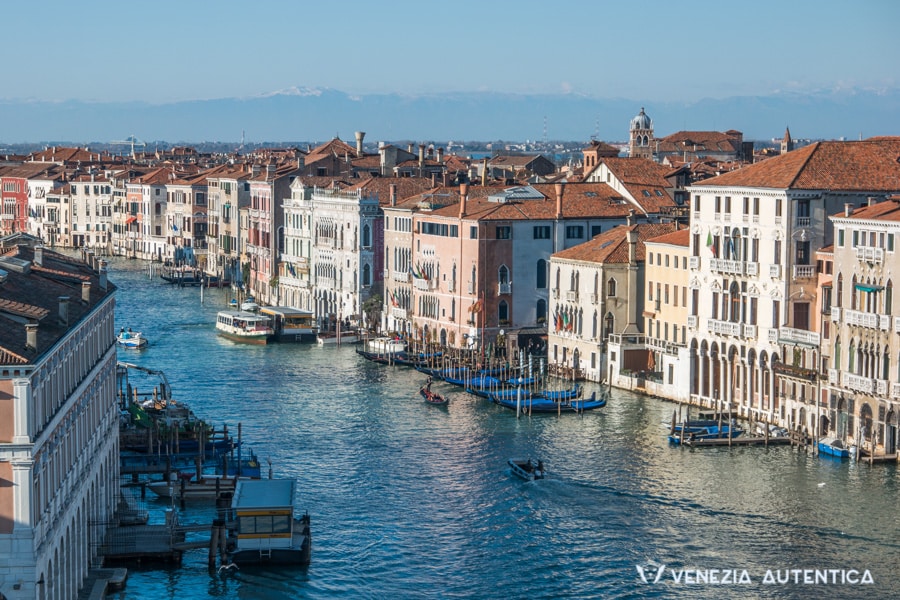
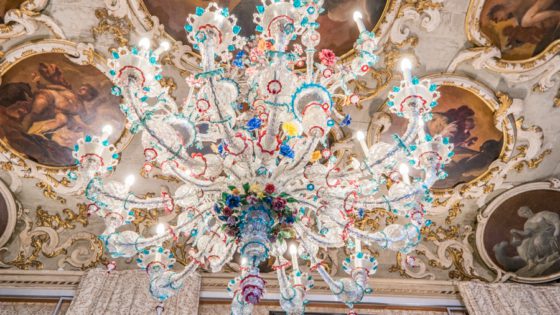
![Everything about the amazing Grand Canal in Venice, Italy [ARTICLE + 360° VIDEO] - Venezia Autentica | Discover and Support the Authentic Venice Grand Canal in Venice](https://veneziaautentica.com/wp-content/uploads/2016/10/Grand-Canal-Venice-560x315.jpg)
![Saint Mark's in Venice: introduction to its amazing Landmarks [Article + 360° VIDEO] - Venezia Autentica | Discover and Support the Authentic Venice Area Marciana, or Saint Mark's Area, in Venice, Italy](https://veneziaautentica.com/wp-content/uploads/2016/11/SAM1911-560x315.jpg)